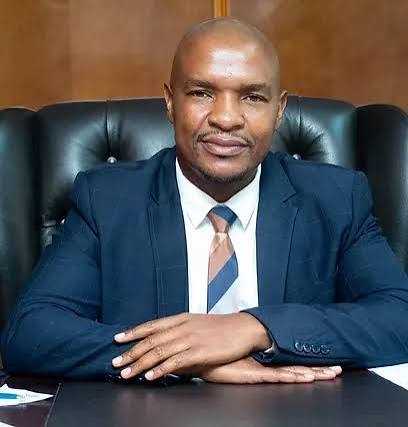
Zim Now Writer
A ward one councillor in Tsholotsho, Witness Khumalo has blamed shortage of learning institution as the major contributor to child marriages and increased pregnancies in the Matabeleland North Province, lamenting that the long walking distance had led to children abandoning learning.
This comes as the area had a widely publicised case in 2022 where a nine-year old girl was impregnated by a 13-year-old boy. There are also reports that the area has few schools, which has seen pupils walking for alleged 25km to access learning facilities.
In an interview with a local publication, the councillor testified to the challenge of shortages of secondary schools in the area.
“The nearest school that we have here is Samahuru Secondary, which is about 25km from Gibixhegu line. After completing Grade Seven, our children face a challenge in proceeding with their education. We are doing a lot to avoid depriving our children of their basic right to education,” Khumalo said.
“As we speak, we are in the process of constructing Zimwatudwa Secondary School to cut the walking distance for our children using proceeds from the Community Areas Management Programme for Indigenous Resources but these are a drop in the ocean.
Related Stories
“This is also exacerbated by poverty. Those that are better placed usually transfer their children to boarding schools elsewhere,” councillor Khumalo said.
Villagers also spoke to the publication on the same matter, one villager from Gibixhegu line, Leonard Mpofu, said that there has been a negligence by relevant authorities in that regard, resulting in children discontinuing from education for early marriage.
“Schools are too far, especially secondary schools that are more than 10km away from our homesteads. Some of the children once they finish Grade Seven, they are forced to discontinue their education. There are so many of them who have no future besides engaging in early marriages, drug and substance abuse.
“There is nothing we can do to control them since we are failing to take them to school. The only few get employment as cattle herders. We have tried to register our concerns with the responsible authorities to no avail, we will endure this forever,” Mpofu said.
Tsholotsho Rural District Council Acting Chief Executive Office, Mbonisi Ncube however assured that among projects mainstreamed include construction of schools and clinics, while pleading for help from the community.
“It is a combination of efforts; we are trying our best to balance service delivery. Sometimes we use funds from Campfire projects, devolution funds and council revenues to complete some projects.
“Some are completed using the Campfire projects, depending on the size of the projects. We do not want communities to carry the burden alone,” he said.




















Leave Comments